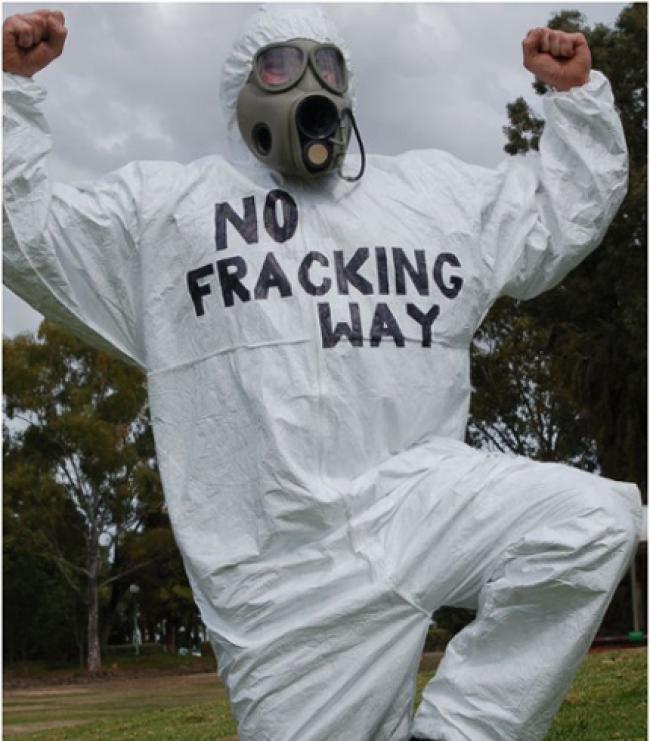Articles Menu

From deforestation, toxic pollution, to greenhouse gas emissions, there is no doubt that tar sands development has been and will be an immensely destructive force, first for the communities who are already living within its reach, but ultimately, through its impacts on global climate, for the planet as a whole. There are people who can attest, better than me, to the destruction and the diabolical delusions of this kind of ‘development.’ And I say ‘development’ in quotes, because even though it can be a monstrous abuse of words to liken it to ‘development,’ that is precisely what some people – oil executives, financial capital, political elites, amongst others – see it as: they see it as just another form and strategy of economic accumulation, as just another way of turning a profit. And we are here to say: hell, no.
But if we are here to say no, then to what will we say yes? What kinds of alternatives can we propose to this ‘development’ that can sustain our communities? What can we put on the table?
These are the questions that we explore in our chapter, and that I wish to briefly address today. There are, of course, no easy answers. But I do wish to outline what the beginnings of an ecosocialist vision might look like.
Some ‘Solutions’
One popular ‘solution’ to the climate crisis, and to the environmental crisis in general, in recent years, is what we call in our chapter ‘market ecology.’ What proponents of market ecology suggest is to put a price on nature and pollution – to monetize, capitalize, trade and provide private property rights to the environment – and let the market do the rest. In this logic, higher fossil fuel prices will encourage conservation and the switch to renewable energy, while carbon trading will facilitate emissions reduction in the most economically efficient way possible.